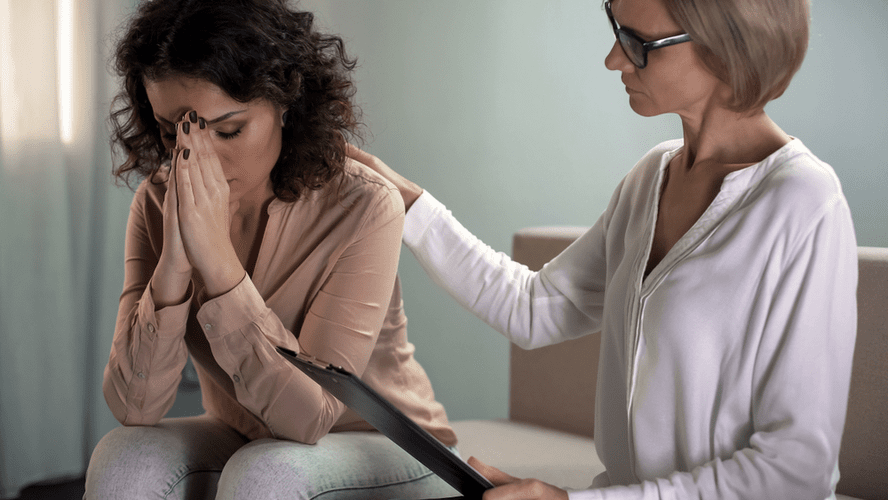However, it takes work to stay in recovery, and even the hardest-working person can experience slips, lapses and relapses during the alcohol recovery process. To help someone else quit smoking or ingesting marijuana in any form, you may wish to start by educating yourself on substance abuse, marijuana abuse, and the potential impacts of long term marijuana use. You may also attend Codependents Anonymous (CODA) or Al-Anon meetings to ensure that you’re alcohol relapse rate caring for yourself, as well as setting and maintaining healthy boundaries, while trying to help someone else who may have a problem with smoking weed. Treatment can help people remain safe and comfortable while quitting marijuana. The supervision and support of treatment can decrease the likelihood of a person relapsing on their drug of choice. Each person’s recovery needs may be somewhat unique, and may benefit from individualized treatment plans.
I like to tell patients that a simple test of complete honesty is that they should feel “uncomfortably honest” when sharing within their recovery circle. This is especially important in self-help groups in which, after a while, individuals sometimes start to go through the motions of participating. The tasks of this stage are similar to the tasks that non-addicts face in everyday life. When non-addicts do not develop healthy life skills, the consequence is that they may be unhappy in life. When recovering individuals do not develop healthy life skills, the consequence is that they also may be unhappy in life, but that can lead to relapse.
What to Do When You Relapse on Alcohol
They followed the alcohol-dependent individuals (who had been in inpatient treatment for 5 weeks) after discharge for 90 days to assess relapse outcomes. Face-to-face follow-up assessments were conducted at 14, 30, 90, and 180 days after discharge from the inpatient unit. The follow-up rates for these assessments were 96, 89, 92, and 86 percent, respectively. In addicted individuals, stress imagery elicited multiple emotions of fear, sadness, and anger when compared with the stress of public speaking, which elicited increased fear, but no anger and sadness.
Warning signs are when thoughts of using change in character and become more insistent or increase in frequency. Our experienced team will help you develop a recovery plan customized for your individual needs. You can come and visit and be https://ecosoberhouse.com/ on your way to taking control of your life again. Thus, the longer you maintain sobriety after initial recovery, the higher the chances you won’t relapse. They may stop taking care of themselves or start making excuses for their problems.
Provoking Relapse Situations and Inducing Alcohol and Drug Craving in the Laboratory
This denial can prevent the use of effective techniques to prevent the progression of the relapse. How honest should a person be without jeopardizing his or her work or relationships? This is a group of people that includes family, doctors, counselors, self-help groups, and sponsors. Individuals are encouraged to be completely honest within their recovery circle.
Two important related issues involve identification of predictors of short-term remission and subsequent relapse among remitted individuals, and specification of differential predictors of remission and relapse for treated versus untreated individuals. Anhedonic depression symptoms, cigarette smoking status, and days since last alcohol use prior to treatment were significant predictors of relapse in Veterans 6 months following residential treatment for AUD. Of the 95 participants, 69% relapsed following treatment, which is generally consistent with previous research on relapse rates in AUD (Durazzo and Meyerhoff, 2017; Kirshenbaum et al., 2009; Maisto et al., 2006a; Maisto et al., 2006b).
Relapse Risk Factors
Also, their ability to provide a wide range of interventions ranging from supportive therapy to medical interventions often proves to be a valuable asset to patients. Although the term «recovery coach» was first used in 2006, the service has not gained wide adoption in addiction treatment. Peer recovery coaches are individuals who have experienced addiction themselves but have been abstinent for an extended period (often at least one or two years). Peer recovery coaches complete approximately 40 hours of training in addition to a minimum number of hours of work in the field to obtain certification. Peer recovery coaches can then contract with clinics or offices to work one-on-one with assigned individuals as a service that is billable through Medicaid in many areas.[22] Culturally-specific training programs have undergone development in some areas. For example, in the Mid-west, individuals can train in a program that emphasizes Native American values and traditions with the intention that they will be able to offer more effective support to other Native Americans.

